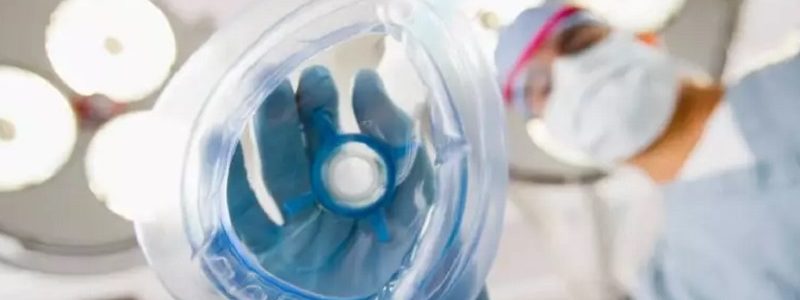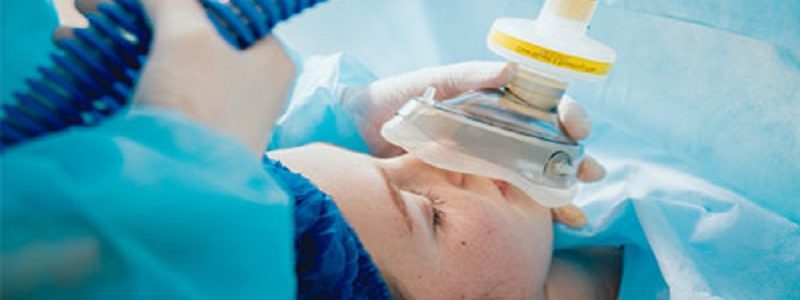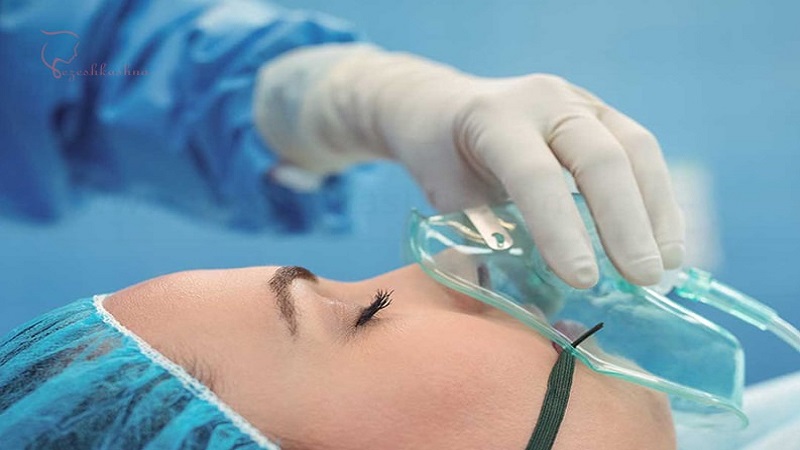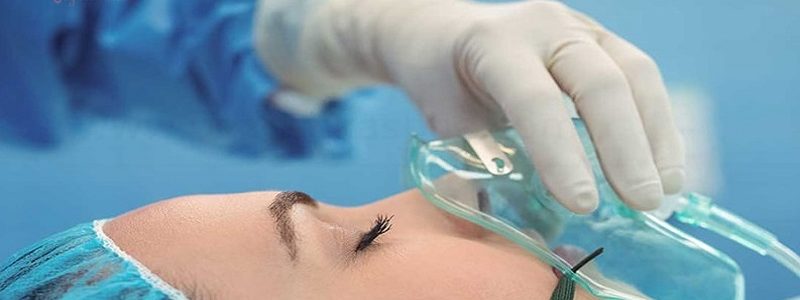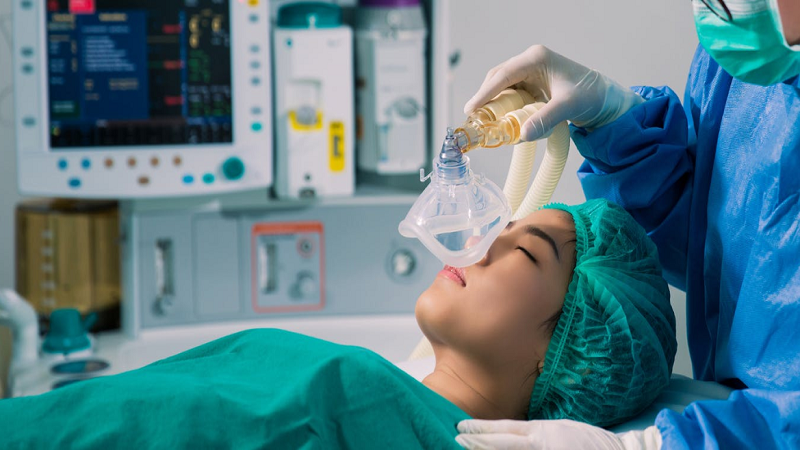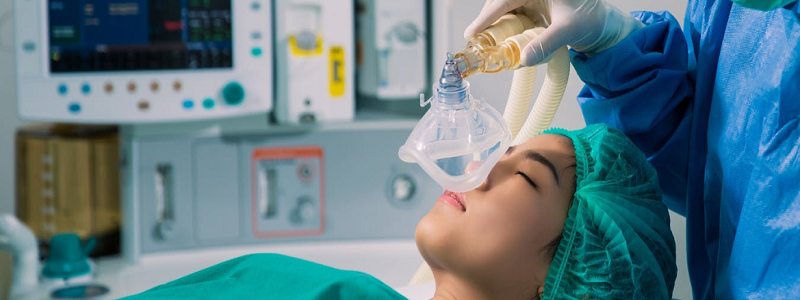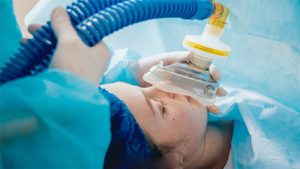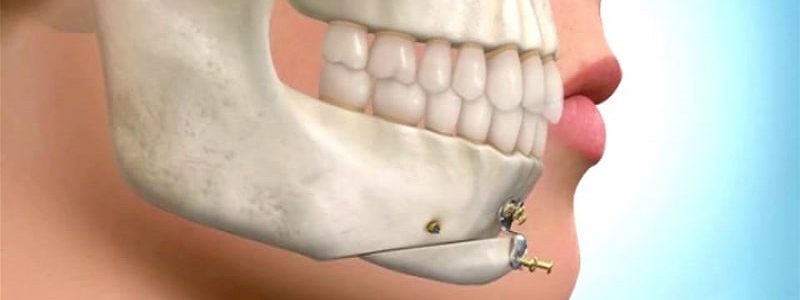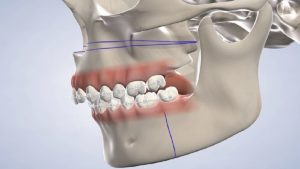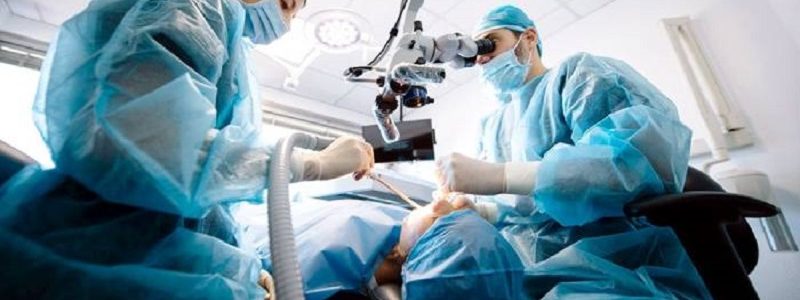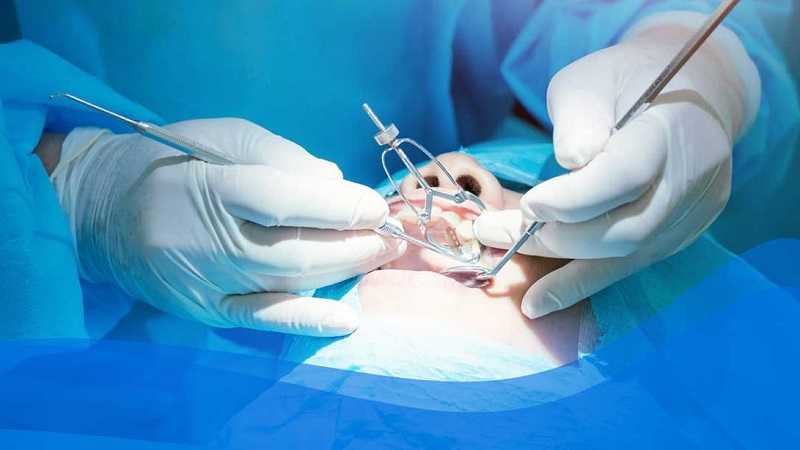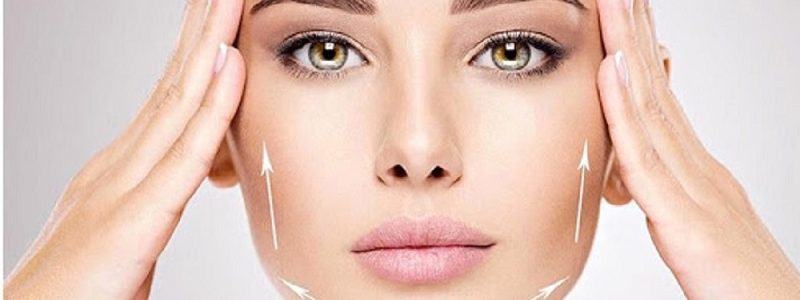Driving complications after nose surgery
┌¶┘ç ╪▓┘à╪¯┘¶█î ┘à█î ╪¬┘ê╪¯┘¶┘à ╪▒╪¯┘¶┘¶╪»┌»█î ┌⌐┘¶┘à╪ƒ
One of the questions that many patients may ask their doctor before and after open nose surgery or closed nose surgery is when can I drive to avoid complications? You must wait at least 48 hours to drive after nose surgery, because you may feel dizzy and drowsy due to the injection of anesthetic drugs.. Accompanying a person after surgery is also recommended for this purpose.
In addition to the effect of anesthetic drugs for nose surgery, another reason that makes driving after nose surgery dangerous is swelling around the eyes and nose.. Swelling caused by surgery can limit a person's field of vision. ╪¯╪▓ ╪╖╪▒┘ü█î ┘ç┘¶┌»╪¯┘à ╪▒╪¯┘¶┘¶╪»┌»█î ╪Î┘ç ╪»┘Â█î┘ ╪¬┌⌐╪¯┘¶ ┘ç╪¯█î ╪│╪▒ ┘ê ╪Î█î┘¶█î ┘à┘à┌⌐┘¶ ╪¯╪│╪¬ ╪│╪¯╪«╪¬╪¯╪▒ ┘ê ╪¯╪│┌⌐┘Â╪¬ ╪Î█î┘¶█î ╪»┌¶╪¯╪▒ ╪╡╪»┘à┘ç ╪Î╪┤┘ê╪». ╪▓█î╪▒╪¯ ┘ç┘¶┘ê╪▓ ╪║╪╢╪▒┘ê┘ü ┘ç╪¯ ┘ê ╪¯╪│╪¬╪«┘ê╪¯┘¶ ┘ç╪¯ ╪Î┘ç ╪½╪Î╪¯╪¬ ┘Â╪¯╪▓┘à ┘¶╪▒╪│█î╪»┘çΓÇî╪¯┘¶╪» ┘ê ┘ç╪▒┌»┘ê┘¶┘ç ╪¬┌⌐╪¯┘¶ █î╪¯ ╪¾╪▒┌⌐╪¬ ┘¶╪¯┌»┘ç╪¯┘¶█î ┘à█î ╪¬┘ê╪¯┘¶╪» ╪Î╪¯╪╣╪½ ╪¬╪║█î█î╪▒ ╪┤┌⌐┘ ╪ó┘¶┘ç╪¯ ╪┤┘ê╪». ╪¯╪▓ ╪¯█î┘¶ ╪▒┘ê ╪Î┘ç ┘ç█î┌¶ ┘ê╪¼┘ç ╪Î┘Â╪¯┘ü╪¯╪╡┘Â┘ç ╪Î╪╣╪» ╪¯╪▓ ╪╣┘à┘ ┘¶╪Î╪¯█î╪» ╪▒╪¯┘¶┘¶╪»┌»█î ┌⌐╪▒╪». Observing the precautions in this field will prevent you from bleeding, pain, displacement of cartilage, fracture of the nasal skeleton, etc..
When am I allowed to drive after rhinoplasty?
When you are allowed to drive after rhinoplasty depends on your doctor's opinion. If the surgery is heavy, you will definitely have to wait longer for the healing of the wounds and the proper formation of the bones and cartilages.. ╪Î┘ç ╪╖┘ê╪▒ ┘à╪╣┘à┘ê┘Â╪î ┘╛╪▓╪┤┌⌐╪¯┘¶ ┘ü╪¯╪╡┘Â┘ç ╪▓┘à╪¯┘¶█î ╪Î█î┘¶ █╖ ╪¬╪¯ █▒█░ ╪▒┘ê╪▓ ╪▒╪¯ ╪Î╪▒╪¯█î ╪▒╪¯┘¶┘¶╪»┌»█î ╪Î╪╣╪» ╪╣┘à┘ ╪Î█î┘¶█î ┘à╪¼╪¯╪▓ ┘à█îΓÇî╪»╪¯┘¶┘¶╪». ┌⌐┘ç ╪¯┘Â╪Î╪¬┘ç ╪¯█î┘¶ ╪Î┘ç ╪»┘Â█î┘ ┌⌐╪¯┘ç╪┤ ┘ê╪▒┘à╪î ╪Î┘ç╪Î┘ê╪» ┘ê╪╢╪╣█î╪¬ ╪╣┘à┘ê┘à█î ┘ê ╪╖█î ╪┤╪»┘¶ ╪»┘ê╪▒┘ç ┘¶┘é╪¯┘ç╪¬ ╪¯╪│╪¬.
If you are an athlete and plan to ride a bike, it is better to wait until the bruising after nose job is completely gone. After 3 to 4 weeks when the bruises are removed, you can ride a bike. Of course, before taking any action, you should visit a doctor for advice and check the condition of your nose and follow the prescribed instructions..

Dr. Behnam Khorrami, Isfahan nose surgeon – Follow Isfahan jaw surgeon on Instagram.
Safety tips for driving after nose surgery
If you intend to drive a car after the mentioned period, try to drive at a relatively low speed so that your head and face are not exposed to strong shocks.. ┘à┘ê╪¬┘ê╪▒ ╪│┘ê╪¯╪▒█î ╪Î╪╣╪» ╪¯╪▓ ╪╣┘à┘ ╪Î█î┘¶█î ┘¶█î╪¯╪▓ ╪Î┘ç ╪»┘é╪¬ ┘ê ╪¯╪¾╪¬█î╪¯╪╖ ╪Î█î╪┤╪¬╪▒█î ╪»╪¯╪▒╪». ╪▓█î╪▒╪¯ ┘¶╪│╪Î╪¬ ╪Î┘ç ┘à╪¯╪┤█î┘¶ ╪│╪▒ ╪Î█î╪┤╪¬╪▒ ╪»╪▒ ┘à╪╣╪▒╪╢ ╪¬┌⌐╪¯┘¶ ┘ê ╪ó╪│█î╪Î ╪»█î╪»┌»█î ╪¯╪│╪¬ ┘ê ╪»╪▒ ╪╡┘ê╪▒╪¬ ╪Î╪▒╪«┘ê╪▒╪» ╪Î╪¯ ┘à╪¯┘¶╪╣╪î ╪│╪▒█î╪╣╪¬╪▒ ╪¬╪╣╪¯╪»┘ ╪«┘ê╪» ╪▒╪¯ ╪¯╪▓ ╪»╪│╪¬ ╪«┘ê╪¯┘ç╪» ╪»╪¯╪». Therefore, if you plan to ride a bike or ride a motorcycle after nose surgery, be sure to wear a helmet or put a protective mask on your head.. Even if someone else is driving, ask him to take precautions.
This makes the operated bones and cartilage less damaged in the event of an obstacle, accident or fall, and the displacement of the nasal cartilage does not take place after the operation.. ┘ü╪▒╪¯┘à┘ê╪┤ ┘¶┌⌐┘¶█î╪»╪î ╪¾╪¬█î ┌»╪¯┘ç█î ╪¬╪¯ █î┌⌐ ╪│╪¯┘ ┘╛╪│ ╪¯╪▓ ╪¼╪▒╪¯╪¾█î ┘ç╪▒ ╪¾╪¯╪»╪½┘ç ┘ê ╪ó╪│█î╪Î ┌⌐┘ê┌¶┌⌐█î ┘à█î ╪¬┘ê╪¯┘¶╪» ┘¶╪¬█î╪¼┘ç ╪¼╪▒╪¯╪¾█î ╪Î█î┘¶█î ╪▒╪¯ ╪Î╪¯ ┘à╪┤┌⌐┘ ┘à┘ê╪¯╪¼┘ç ┌⌐┘¶╪». ╪Î┘¶╪¯╪Î╪▒╪¯█î┘¶ ╪▒╪¯┘¶┘¶╪»┌»█î ╪Î╪╣╪» ╪╣┘à┘ ╪Î█î┘¶█î ╪Î╪¯ ┘à╪¯╪┤█î┘¶╪î ┘à┘ê╪¬┘ê╪▒ ╪│█î┌⌐┘Â╪¬ █î╪¯ ┘ç╪▒ ┘ê╪│█î┘Â┘ç ┘¶┘é┘Â█î┘ç ╪»█î┌»╪▒ ╪▒╪¯ ╪¼╪»█î ╪Î┌»█î╪▒█î╪».
Read more:
The best result of nose surgery with the best nose surgeon in Isfahan

